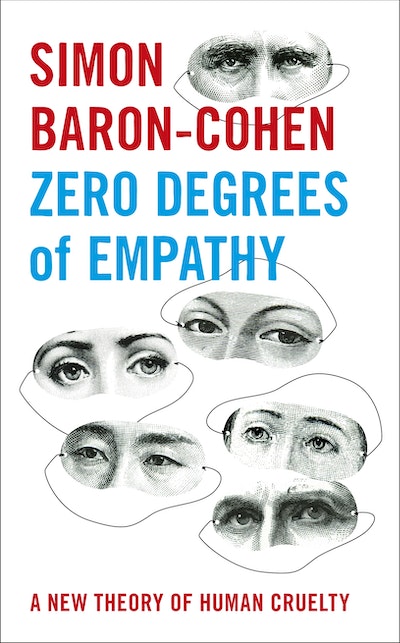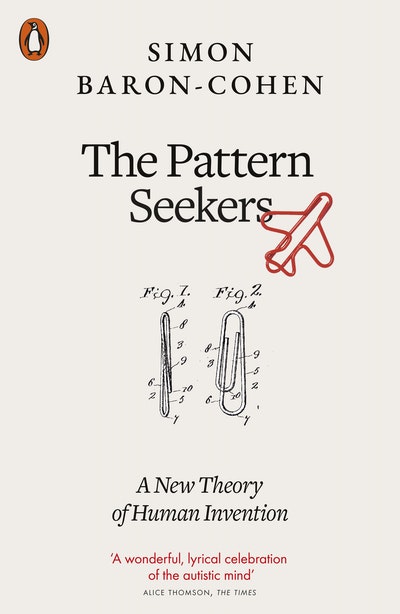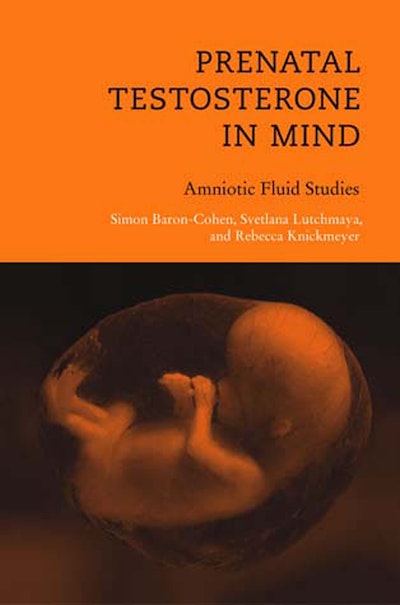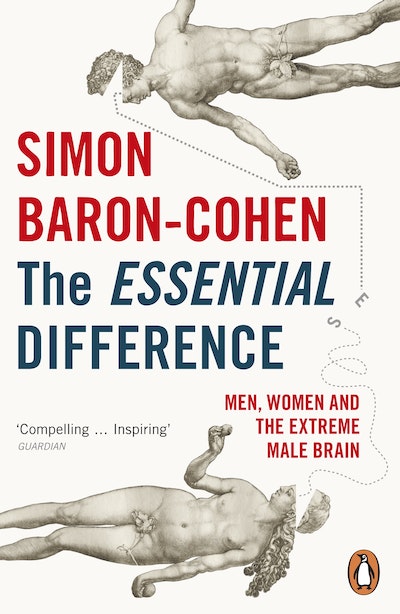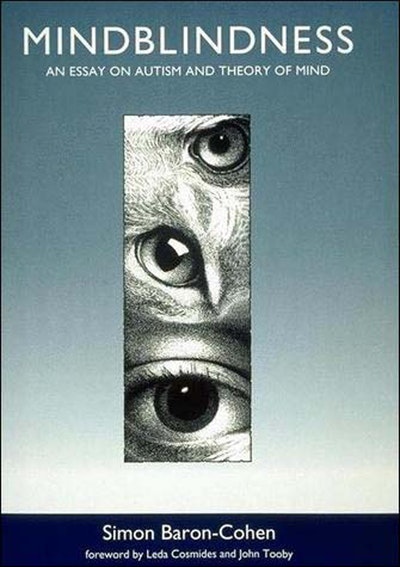Zero Degrees of Empathy
A new theory of human cruelty
- Published: 21 December 2011
- ISBN: 9780718193348
- Imprint: Penguin eBooks
- Format: EBook
- Pages: 208
Bringing cruelty triumphantly into the realm of science, this pioneering journey into human nature at last delivers us from 'evil'.
Dr. Helena Cronin, Co-Director, Centre for Philosophy of Natural and Social Science, LSE
A compelling and provocative account of empathy as our most precious social resource. Lack of empathy lurks in the darkest corners of human history and Simon Baron Cohen does not shrink from looking at them under the fierce light of science.
Uta Frith, Emeritus Professor of Cognitive Development, UCL
Simon Baron-Cohen combines his creative talent with evidence and reason to make the case that evil is essentially a failure of empathy. It is an understanding that can enlighten an old debate and hold out the promise of new remedies.
Matt Ridley, author of, The Illusionist
A book that gets to the heart of man's inhumanity to man... Baron-Cohen has made a major contribution to our understanding of autism
Dorothy Rowe, Guardian
Fascinating... bold
Ian Critchley, Sunday Times
Ground-breaking and important...This humane and immensely sympathetic book calls us to the task of reinterpreting aberrant human behaviour so that we might find ways of changing it for the better...The effect...is not to diminish the concept of human evil, but to demystify it
Richard Holloway, Literary Review
Fascinating and disturbing
Alasdair Palmer, Sunday Telegraph
Isn't it lucky...that the very people who can't put themselves into other people's shoes, have a champion [in Simon Baron-Cohen] who, by dint of his curiosity, has turned it into an art form?
Lee Randall, Scotsman
Attractively humane...fascinating information about the relation between degrees of empathy and the state of our brains.
Terry Eagleton, Financial Times
Easy to read and packed with anecdotes. The author conveys brain research with verve.
Kathleen Taylor, Science Focus
Zero Degrees of Empathy is short, clear, and highly readable. Baron-Cohen guides you through his complex material as of you were a student attending a course of lectures. There's no excuse for not understanding anything he says... he is an outstandingly effective communicator of serious science. His passionate optimism, his belief that scientific study can deepen our humanity, lies at the heart of his theorising
Charlotte Moore, The Spectator
In a book that is partly a popular science treatise and partly a self-help manual... he interweaves life stories and clinical evidence in an engaging and informative manner... He is grappling with one of the most important questions for our times
Joanna Bourke, Times Higher Education
In his 2007 book Musicophilia, psychiatrist Oliver Sacks warned that although neuroscience offers exciting insights, 'there is always a certain danger that the simple art of observation may be lost, that clinical description may become perfunctory, and the richness of the human context ignored'. Simon Baron-Cohen, director of the Autism Research Centre in Cambridge, UK, rises to the challenge in his latest book by combining basic science and clinical observation in an attempt to explain human cruelty... We should take Baron-Cohen's accessible book as an invitation to leave the comforts of smaller, more tractable problems in a genuine attempt to address larger social issues
Stephanie Preston, Nature
